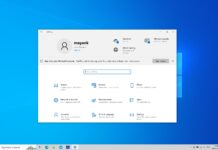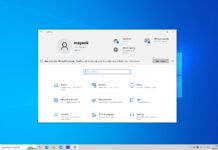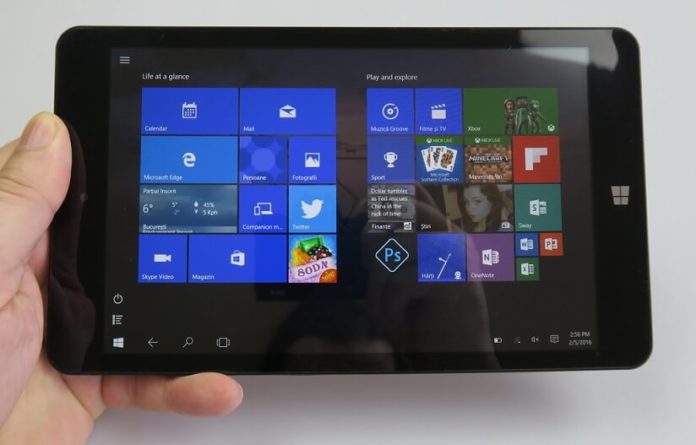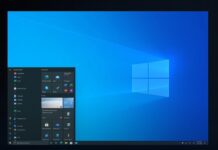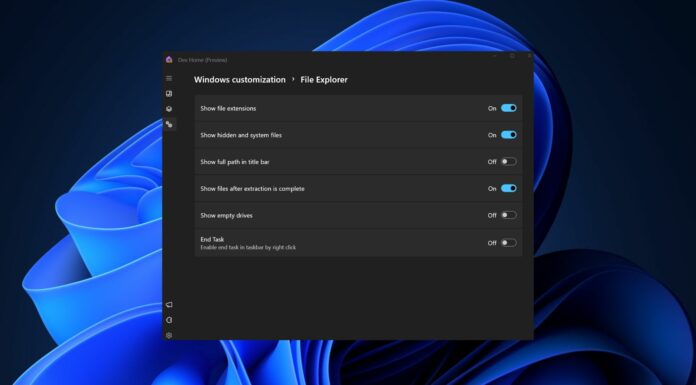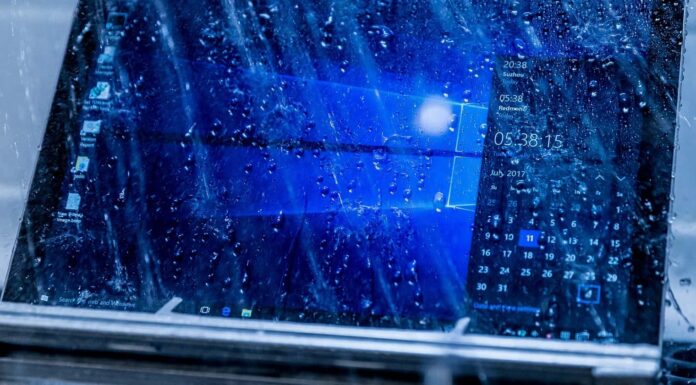Microsoft is working on yet another revamped version of their Windows operating system, with reports claiming that the new version of Windows 10 will be called ‘Windows Core OS’. The new modular version of Windows would run on all form-factor devices including PCs, Laptops, foldable phones and other mobile computing devices.
The rumours recently shed both light and hope on the future of Windows Phone. In other words, Windows Core OS is the first step towards unifying the Windows 10 platform, basically the operating system would be able to adapt to its environment i.e it would run on a phone, tablet, or computer.
Since Windows 10 is the last version of Windows, and there would be no Windows 11, Microsoft introduced several new Windows 10 SKUs last year – For example ‘Windows 10 S’ which is locked to Windows Store, though it could be upgraded to Windows 10 Pro. Despite Windows 10 S can only run Store apps, it isn’t really any different from Windows 10 Pro. In other words, Windows 10 S is the same operating system, while Windows Core OS is a revamped version of Windows 10 with Store apps, performance and security.
The software giant is radically simplifying how Windows 10 works, and to improve the performance of the operating system, Microsoft needs to get rid of all the legacy stuff including the Win32 application, File Explorer and Control Panel. Last year we saw reports and evidence of Windows Core OS for Phones, today, a report from reliable source sheds light on Windows Core OS for desktop.
Windows Core OS – Overview
There are two versions of Windows Core OS – Andromeda OS for Mobile and Polaris for Desktop. Polaris is a streamlined version of Windows 10 for PCs. Polaris is the codename for the desktop version of Windows Core OS.
Microsoft is testing Windows Core OS for new form-factor devices such as the 2-in-1 laptops, foldable phones, detachable tablets and dual-screen devices. Since Windows Core OS is modular, it can be installed on any new form-factors device, such as the foldable mobile device ‘Surface Phone‘.
Polaris – Light, fast and secure computing experience
Polaris will be the most secure version of Windows as it is entirely based on UWP platform with Composable Shell (CShell). Unlike Windows 10 S, Polaris will be more lightweight and modern, and it won’t have the legacy stuff like Control Panel. Microsoft is already in the process of dropping the current Windows Shell in favour of Composable Shell (CShell).
While the Polaris is based on UWP, Microsoft is also working on solutions to run/emulate legacy Win32 program. The report claims that Microsoft’s solution is similar to “HP workstation” which allowed HP Elite x3 users to run Win32 applications in Continuum mode. In other words, the feature will be bringing support for legacy Win32 apps when required.
No upgrade to Polaris
Microsoft is locking Polaris to new Windows 10 devices, the software giant won’t allow the existing users to upgrade to Polaris and vice versa. It’s worth noting that Windows 10 Pro is not going anywhere, Polaris is coming with new devices.
What exactly is Polaris?
Windows Core OS’ Polaris is basically an improved version of Windows 10 S on ARM with improved performance, full UWP support (Win32 would work as well) and security. Polaris is not supposed to replace Windows 10 Pro or Home, it will coexist with both operating systems.
Polaris is Microsoft’s take on Chromebook and iPad, as the operating system is supposed to deliver much better battery, performance, and security.
Release Date
Microsoft is reportedly serious about Windows Core OS, so it’s unlikely that Microsoft will cancel the project. Windows Core OS ‘Polaris’ release date is 2019, while in 2018, Microsoft will unveil Andromeda, the mobile version of Windows Core OS.







